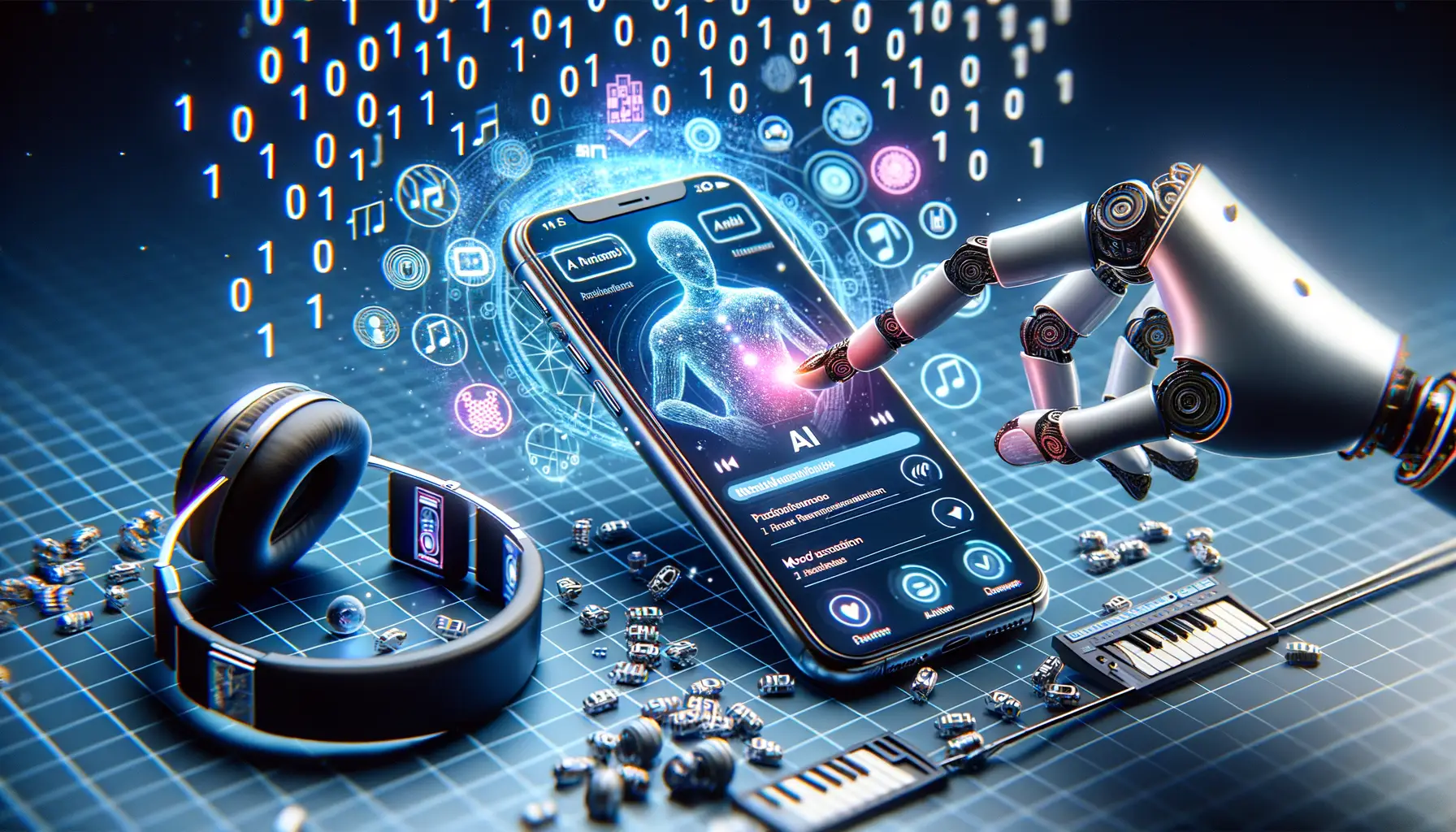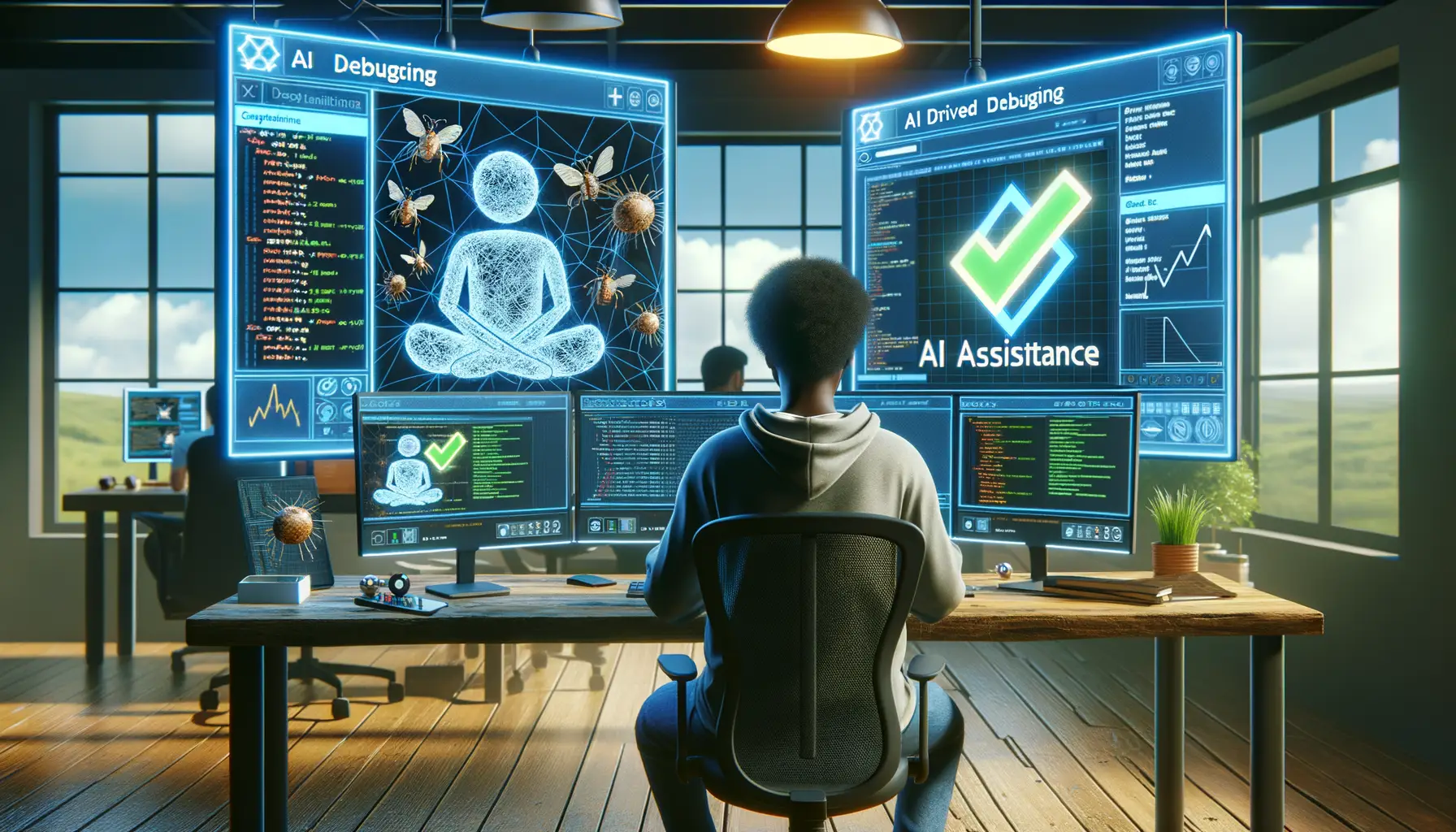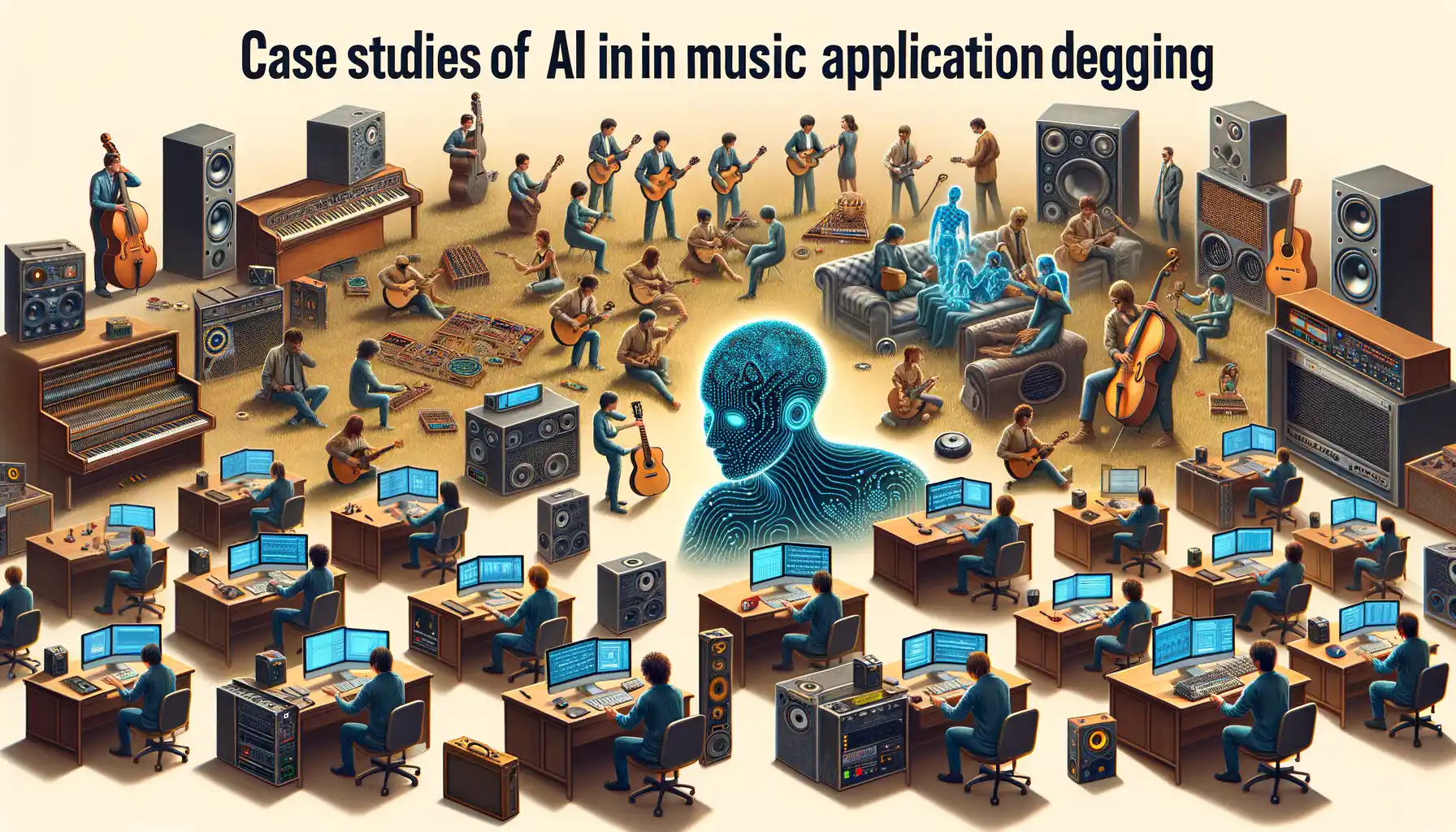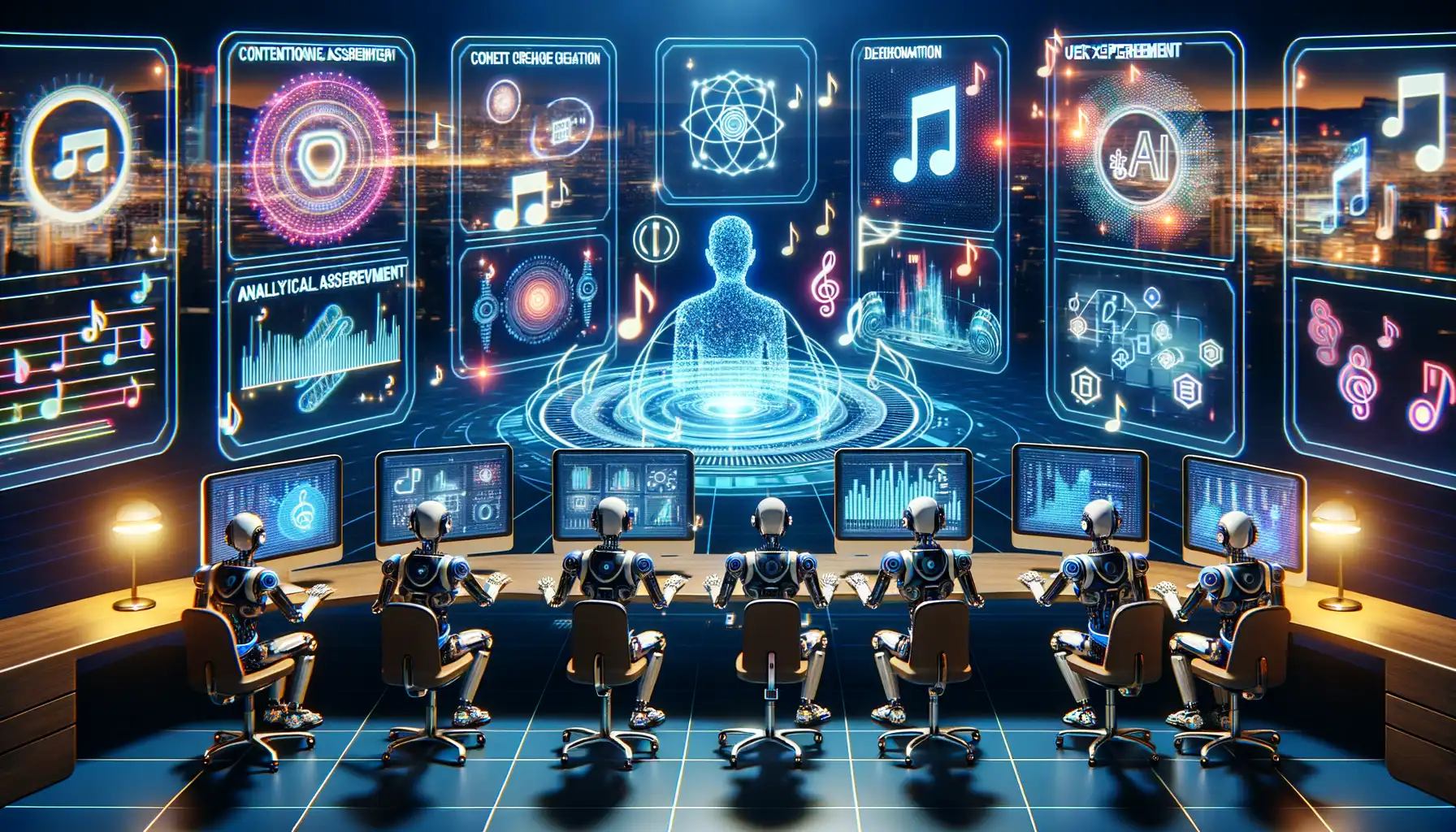The Role of AI in Modern Debugging
From Code Whisperer to Bug Assassin
Imagine you’re a developer working on a new music app. The beat skips, the player crashes, and the volume levels are all over the place. Frustrating, right? Enter AI-driven debugging tools, your modern-day sidekick with superhuman precision. These tools don’t just point out errors—they unravel them like Sherlock Holmes decoding clues at a crime scene.
Instead of manually combing through lines of code for hours (or days), AI identifies bugs in seconds, often suggesting fixes that make you wonder if it’s reading your mind. For example, some tools analyze error patterns and learn from your coding behavior, so they not only catch mistakes but also prevent future ones. It’s like having a mentor who knows your quirks—and doesn’t judge.
- Spotting performance hiccups in real-time
- Recommending optimized code alternatives
- Predicting bugs before they surface
Open-source AI libraries, such as TensorFlow and PyTorch, even allow developers to customize debugging tools specifically for their app’s unique soundscapes. It’s not magic—it’s machine learning sprinkled with a touch of genius.
AI Techniques Revolutionizing Music App Development

Transforming Soundtracks with Neural Networks
Have you ever wondered how music apps seem to “get” your vibe, suggesting songs that hit just the right note? It’s not magic—it’s neural networks. These AI systems mimic human brains to analyze millions of data points: from genres and tempos to your mood based on listening habits. Picture this—AI sifting through thousands of beats per second, identifying patterns faster than you’d swipe left on a bad song recommendation.
For developers, these algorithms are no less than backstage heroes, catching bugs in music playback, detecting glitches in real-time audio processing, and even optimizing sound quality for different headphones or speakers. Want to fix that annoying crash during your favorite track’s drop? AI has your back.
- Deep learning: Crafting personalized playlists while debugging heavy media files to keep apps seamless.
- NLP (Natural Language Processing): Perfecting voice assistant features so you can yell, “Play my party playlist!” without issues.
Smart Debugging Meets Creative Soundscapes
Here’s where it gets exciting: some AI techniques don’t just debug—they enhance. Think of unsupervised learning, which detects anomalies in audio streaming before they ruin your experience. Or predictive analytics, foreseeing potential app crashes by analyzing user trends. Even better, AI tools now integrate with rhythm generators, letting developers test audio effects with precision while adding fresh creativity to the mix! It’s like having an engineer who never sleeps.
Benefits of AI-Driven Debugging for Developers

Why AI Debugging Feels Like a Superpower
Imagine you’re knee-deep in debugging your music app. The clock is ticking, your playlist feature keeps crashing, and frustration is mounting. Enter *AI-driven debugging*—the superhero cape you didn’t know you needed.
What makes this so transformative? For starters, AI tools can zero in on bugs faster than a seasoned developer with decades of experience. Gone are the days of sifting through endless lines of code and cryptic error logs to find that one pesky issue. Tools like error pattern detectors and predictive analytics scan your app with laser precision, guiding you straight to the problem’s core.
- Fewer all-nighters: AI optimizes workflows by automating repetitive debugging tasks.
- Deeper insights: It doesn’t just fix bugs; it teaches. You’ll learn what broke, why it broke, and how to prevent future hiccups.
- Multi-platform troubleshooting: Whether it’s an Android glitch or an iOS memory leak, AI adapts instantly.
Enhanced Creativity Through Clean Code
When your debugging load lightens, here’s the magic: your mind is free to focus on *creation*, not crisis management. With AI handling the grunt work, you can innovate, refine user experiences, and even test out bold new ideas for your app’s next big release. And isn’t that what coding should feel like? Freedom to create without constant firefighting.
Case Studies of AI in Music Application Debugging

When AI Hits the Right Note: Real-Life Debugging Success Stories
Imagine you’ve spent weeks working on a music app that’s supposed to create a seamless experience—flawless audio streams, pitch-perfect recommendations, and live mixing tools. Then, right before launch, bugs start popping up like uninvited guests at your studio session. Enter AI—the unsung hero that saves the day.
Take, for instance, the case of Melodyfy, a small startup trying to break into the competitive music app market. They used an AI-powered debugging tool to analyze crashing issues in real time. The culprit? A sneaky memory leak in their playback feature. Usually, it would’ve taken days—or weeks—to spot, but with AI parsing logs and pointing directly at the offending code, they had it patched in under two hours.
- JamFlow Pro: This app uses AI to identify mismatched beats in real-time collaborative music editing. Developers loved how AI caught latency discrepancies that no human tester had noticed during QA.
- TuneCraft: With AI-driven debugging, this app tackled API errors during heavy traffic. The software predicted bottlenecks based on historical data, preventing server overloads.
These stories are proof that when precision is key and time is critical, AI doesn’t just help—it transforms.
Future Trends in AI and Music App Development

The Symphony of AI in Next-Gen Music Apps
Picture this: a music app so intuitive, it doesn’t just shuffle your favorite playlists but practically reads your mind. That’s where future trends in AI are heading—toward creating music ecosystems that feel almost alive. Developers are already experimenting with generative AI, allowing apps to compose personalized tunes based on your mood, time of day, or even workout intensity.
But it’s not just about curating the perfect soundtrack. AI-powered algorithms are set to redefine how debugging happens altogether. Imagine virtual assistants embedded within coding platforms, identifying not only bugs but suggesting creative solutions in real-time. It’s like having a tech-savvy sidekick who never sleeps.
- Voice recognition is sharpening to understand regional accents and even emotional tones, making apps more inclusive and human-like.
- Deep learning models are being trained to predict app crashes before they even occur, saving developers hours of frustration.
AI Meets Creativity: The New Frontier
One jaw-dropping trend? AI collaborating with musicians directly. Tools like Ableton’s AI instruments and Google’s Magenta are breaking boundaries, enabling composers to co-create with algorithms. Developers are stepping up too—crafting apps that can debug these complex integrations while maintaining flawless performances. Think of it as a jam session between human ingenuity and machine precision.

